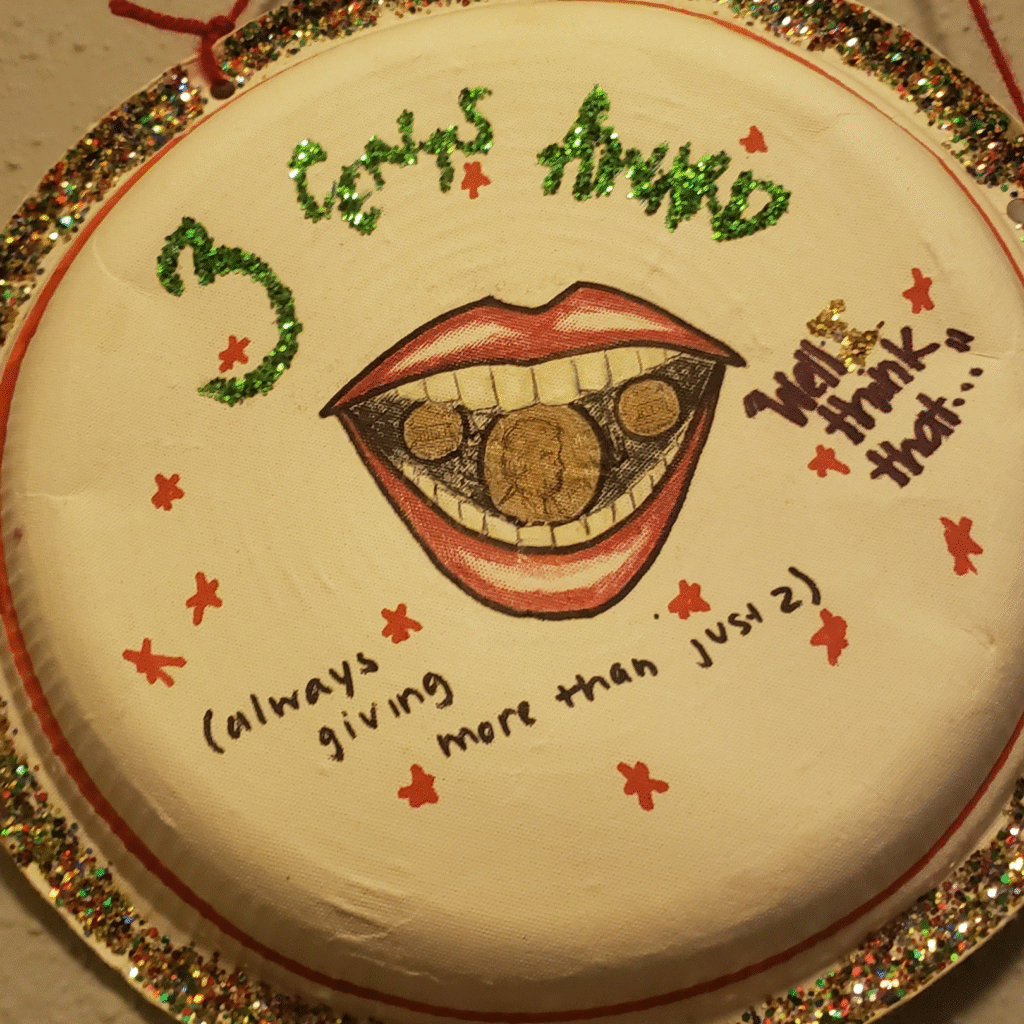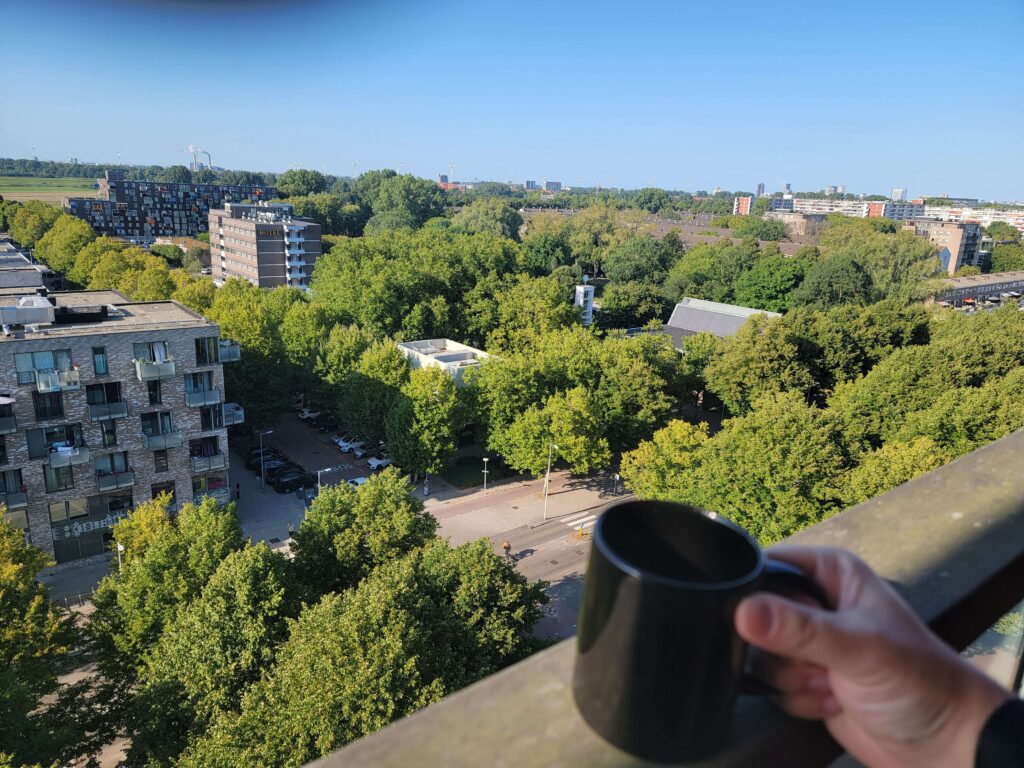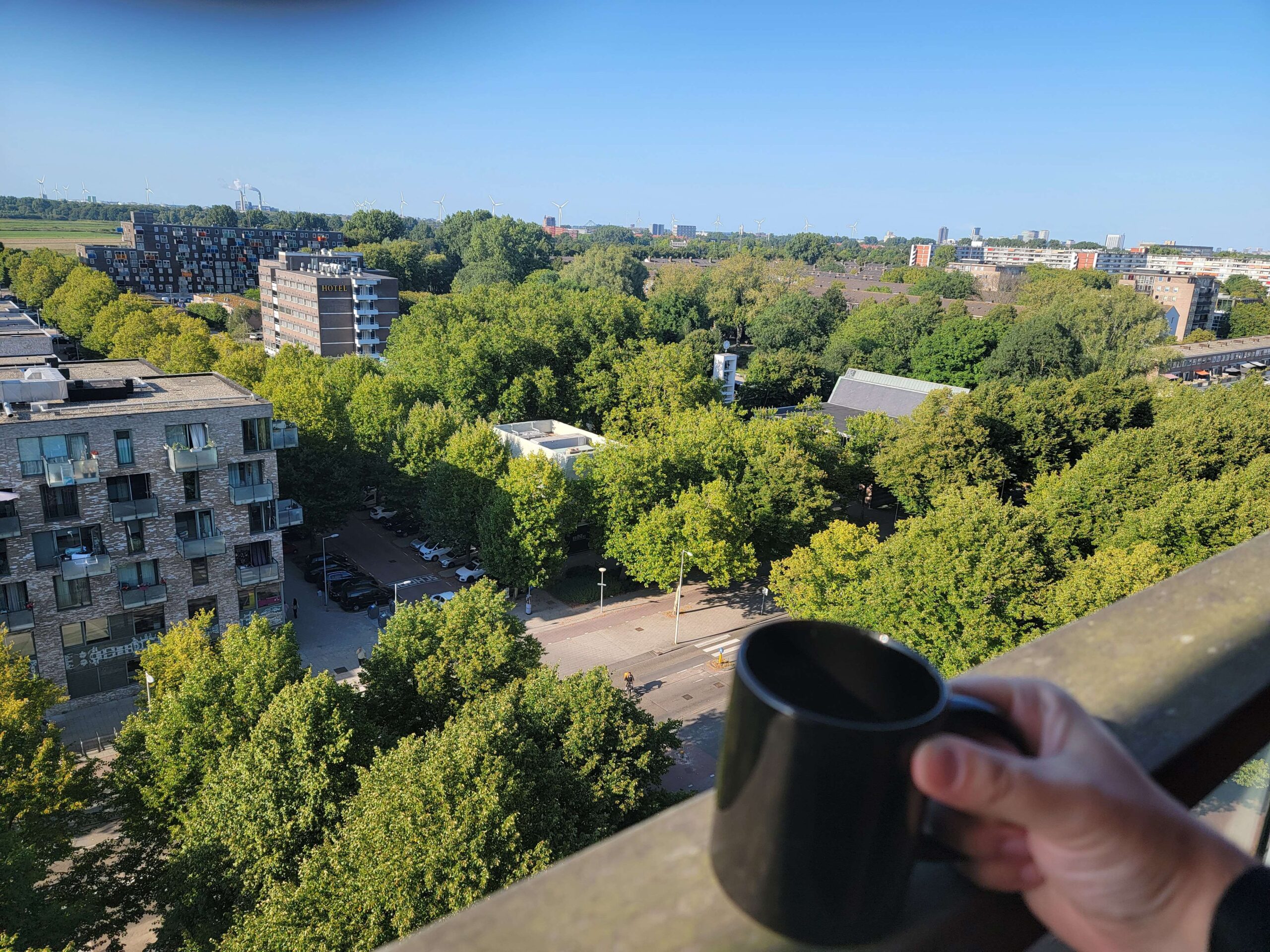I’ve never been much of a blogger.
To me, it always felt very similar to keeping a diary, which I’ve also never been good at. Part of the issue there is timekeeping, because I’m very bad at forming new habits and trying to remind myself to write about an average day tends to end with me dismissing the reminder because my day usually isn’t very interesting. I wake up, I eat food, I work, I do my hobbies (write), I play around on the computer, I chat with people online, I go to bed. Nothing in there really bears recording or demands self-analysis. I’m just one person among 8-some billion; I’m not special.
And then on top of that, a blog is a diary that is deliberately open to the public. So now my self-analysis is open to being nitpicked and criticized by random people. And of course this shouldn’t necessarily stop me — what do I care about the opinions of internet anons, after all? — but this then begs the question1, why should random people care about my opinions on things?
- I am aware that this is, in fact, not the traditional definition of ‘begging the question’, which is an informal logical fallacy involving circular reasoning (‘if A then B’, where A only leads to B if we assume B is true in the first place).
The fallacy is informal because each individual step can be logically valid while still failing to be rhetorically persuasive.
However, in recent parlance ‘begging the question’ has come to be a simple synonym of ‘raising the question’. And while this is incorrect according to the traditional logical definition of petītiō principiī, by the nature of linguistic descriptivism — that is, if we are less concerned with official rules of correctness and pay attention to how language is actually used — this new definition is equally ‘correct’ because it is commonly understood. ↩︎
I can certainly talk your ear off if you get me going, as the length of this post likely illustrates — at graduation, my high school cohort presented me with the Three Cents Award “for always giving more than just two”, somehow expecting that not to sting — but growing up with what I now know was undiagnosed ADHD made very sensitive to being perceived as annoying, so I learned over the years to keep my opinion to myself unless prompted for it. After a while, ‘unless prompted’ evolved into ‘even when prompted’, and I wound up with a habit of simply never expressing myself outside of a known, safe circle.

As you can imagine, this runs somewhat counter to the nature of being a writer, where I have to express my opinion constantly (whether through narration, character dialogue, or even just my choice of subject in technical documentation) and also have to put my opinion out there, into the public eye to be read, evaluated, and analyzed. Looking back over the things I’ve written, I can see my opinions, my biases, my interests, my values, my fears, my politics, all shining through — sometimes subtly, sometimes very much not.
And this is unavoidable. There really isn’t any other option. Even though my habit is to write for myself rather than writing ‘for an audience’ — even when it comes to pieces I never planned to publish or which I explicitly plan never to publish — the nature of the medium dictates that when you write, you are writing to be read, even if it’s only by your future self.
It also, unfortunately, seems to conflict with some of those values at first glance. For instance, I happen to believe that everyone should make up their own mind on matters of religion and spirituality, without having someone else’s beliefs rammed down their throats, or being made to feel guilty for what they do or don’t happen to believe. (Can you tell I grew up Catholic?) Is it then wrong to write about my own atheism? To pen a story where the Church is the antagonist? Where the evangelical are framed as, at best, misguided? Where the ‘deity’ is revealed to be a fraud?
The answer is no, of course; it’s not wrong to express my opinion, because expressing an opinion is not the same as indoctrination. Blogging is not equivalent to public square preaching, and even discussing the subject with someone who asks is anything but counter to those beliefs. It is, in fact, the correct expression of them, because prompting someone to reconsider their held notions, to question alternatives, and to perhaps come to a new conclusion, is the very nature of ‘letting people make up their own minds’.
Besides, there is no way to avoid this order of causes and effects, aside from not writing — and if you ask almost any artist, they will tell you in more or fewer words that not doing art is simply not an option. If I must write, then I have no choice but to express myself, and to do so publicly. If I must write, then my politics must be laid bare, because as far as I’m concerned, all art is inherently political.
What does this have to do with moving to the Netherlands?
The decision to move abroad came in late 2024, around the time the the Heritage Foundation’s so-called Project 2025 was leaked. The Heritage Foundation, by the by, is a right-wing think tank founded and funded by openly and proudly racist, sexist, and homophobic Christian activists who explicitly favored voter suppression, abortion restriction, and religious intolerance.
While an open theocracy is not an explicit goal of the Foundation, Project 2025 nevertheless outlines a plan to:
- pack courts and appoint civil servants who are idealogically aligned with the fundamentally Christian Foundation
- further restrict abortion access after the overturning of previous Supreme Court rulings on Roe v Wade and Planned Parenthood v Casey, with the goal of making abortion effectively illegal
- oppose the expansion (or existence) of rights protections for LGBTQ+ people, effectively making it legal to discriminate against people for being queer
- remove diversity, equity, and inclusion (DEI) programs intended to protect against discrimination at any federally-funded company or university
- tighten immigration policies to the extent of mass arrest, detention, and deportation while continuing to rely extensively on migrant labor for food production
- massively cut public healthcare funding in the wake of a global pandemic that killed over 1 million Americans and almost 7 million worldwide
- dismantle the Department of Education, effectively defunding low-income schools, implying that education is not a public good but should be reserved only for those who can afford it
- defund environmental regulations for the benefit of fossil fuel companies who extensively fund the Foundation
- overturn the Posse Comitatus Act to allow the federal government to freely deploy the US military domestically for law enforcement
Collectively, the end result of these policies would pretty quickly widen the already unacceptable rich/poor divide in the United States and consolidate power in the hands of the Foundation and their aforementioned ‘idealogically aligned’ allies — that is, those who hold similarly racist, sexist, and intolerant views as the Foundation — while suppressing any dissenting views with structurally discriminatory laws, kangaroo courts, and potentially military force.
While not explicitly fascistic or theocratic in a vacuum, I can’t help but describe the country created by the execution of that Project as fundamentally aggrandizing the party in power and directly contradicting the values of the democratic republic ‘with liberty and justice for all’ that I was taught about from pre-K up through university-level Civics classes.
This blatant and naked hypocrisy seems to be lost on the majority of voters, however, as November of 2024 resulted in the re-election of Donald Trump, who wasted no time beginning to implement Project 2025. I won’t spend the time relitigating all of those policy changes and their terrible knockon effects here — breadtube has my back in that regard — but suffice to say that almost as soon as the election results were announced, the idle joke about running away to Europe suddenly became a lot more attractive. After some discussion and a lot of research, my now-roommate and I decided that we would rather live somewhere else, and the Netherlands ended up topping the shortlist.
I’m not going to pretend that Europe in general, or the Netherlands in particular, don’t have their share of political problems. The Dutch Tweede Kamer (House of Representatives) has a right-wing majority at the moment, with the explicitly nationalist far-right party (at time of writing) holding an alarming near-25% of seats. However, as I won’t be eligible to vote in the Netherlands for at least several years, I’ll save my thoughts on the system of government here for another time.
All that said, in light of the 2024 US Election, I genuinely believe that my time in the US needed to come to an end, and I urge anyone reading this to reflect on whether the same is true for you.
I recognize that it’s difficult to pick up your life and move somewhere completely new — believe me, I know it better than most, because I’ve just done it — and that it’s tempting to fall back on platitudes like ‘the grass is always greener on the other side of the fence’. Yes, it is indeed human nature to want what you don’t currently have, but that isn’t what this move was about.
Another one I heard leading up to the move was ‘the grass is greener where you water it’, suggesting that getting involved in local politics and trying to improve the country myself could be the answer. The truth is, America’s future looks bleak to me. I don’t see the country turning toward a path that aligns with my values by peaceful means in my lifetime, and I have no interest in non-peaceful changes.
The grass may tend to be greener where you water it, but by the same token, the grass is MUCH greener where more than half the country isn’t actively voting the Grass Poisoning Party into power so they can enact the Fuck All Grass That Isn’t Mine policy.
I’ll be across the Atlantic, sipping coffee on my balcony in a diverse, international neighborhood with mixed zoning, bike paths, and public transit.



Leave a Reply